A new fluorescent probe for detecting tuberculosis can now identify disease-causing bacteria in extra-pulmonary tissue for better diagnosis.
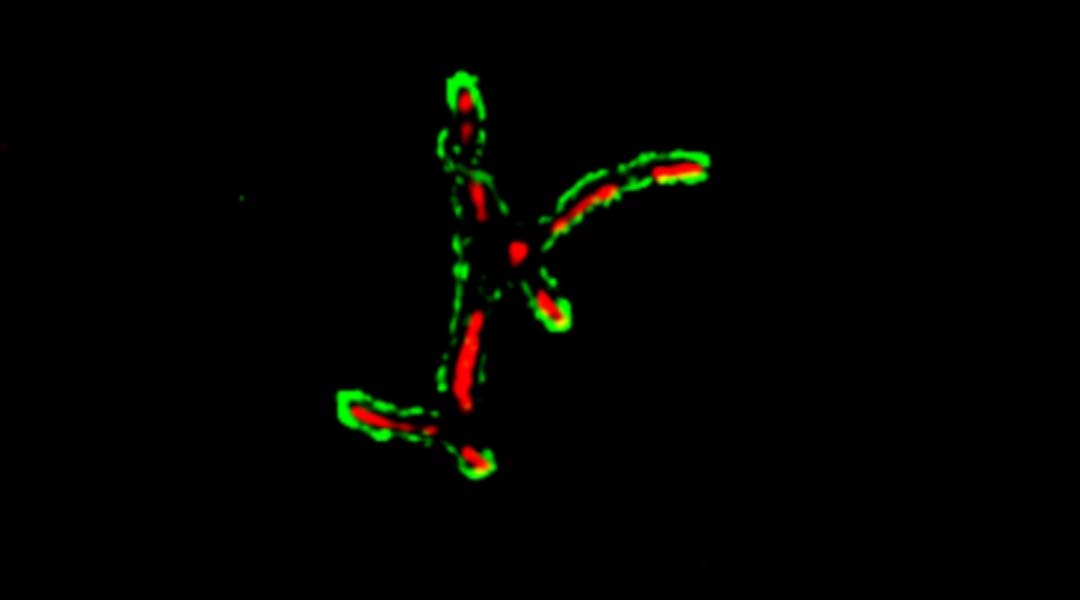

A new fluorescent probe for detecting tuberculosis can now identify disease-causing bacteria in extra-pulmonary tissue for better diagnosis.

Using materials found around the house, researchers stuck at home created an accurate test to detect COVID-19.
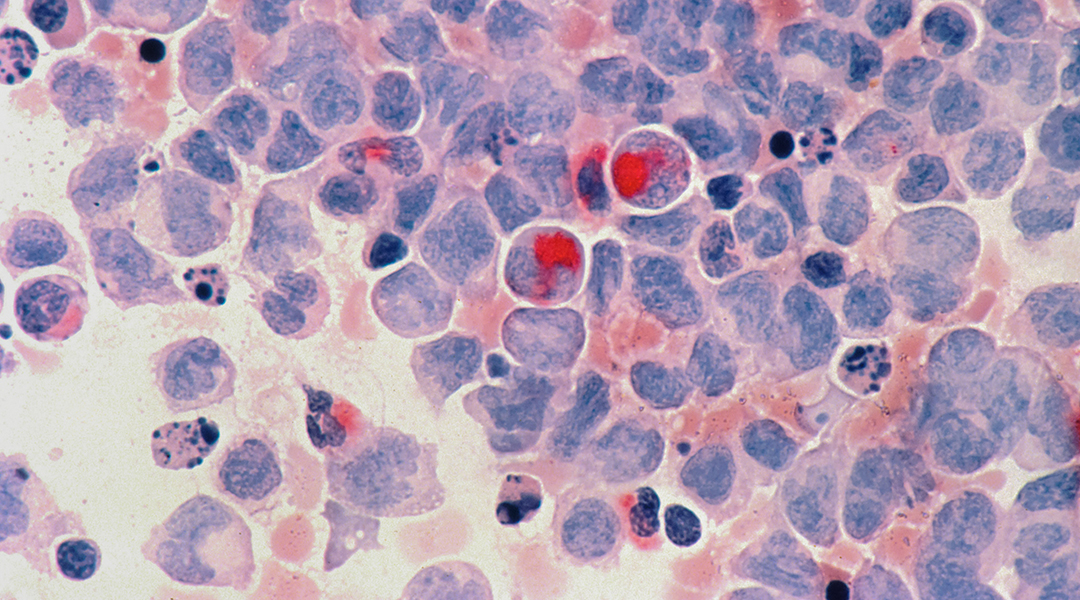
Tin mono-sulfide nanosheets prove to be effective and sensitive soft X-ray detectors with potential to monitor biological systems in real time.
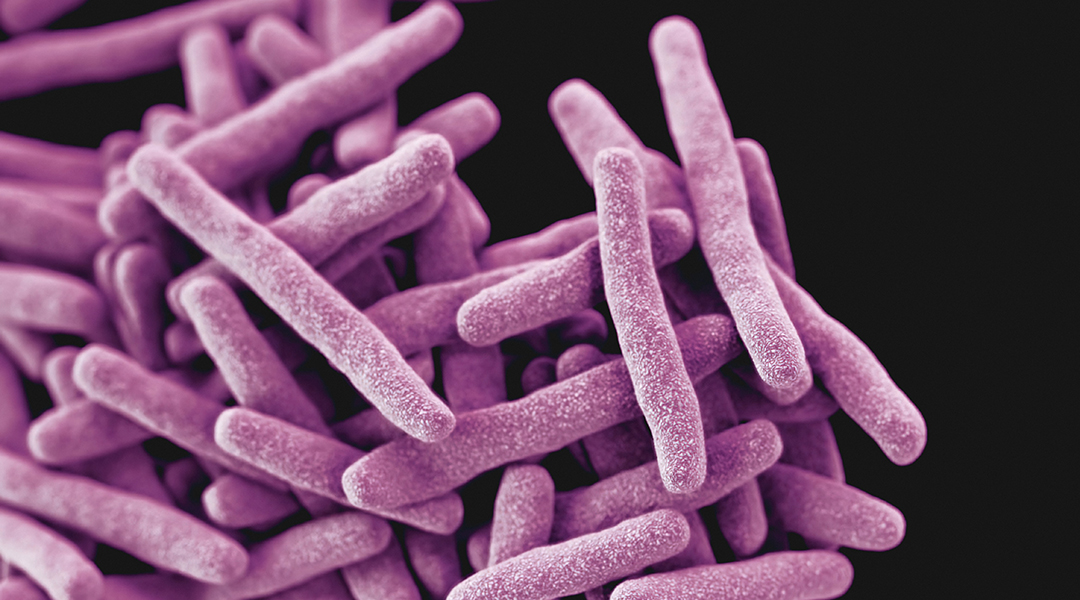
Researchers are devising a quicker and cheaper way to diagnose tuberculosis — and it’s based on how your skin smells.
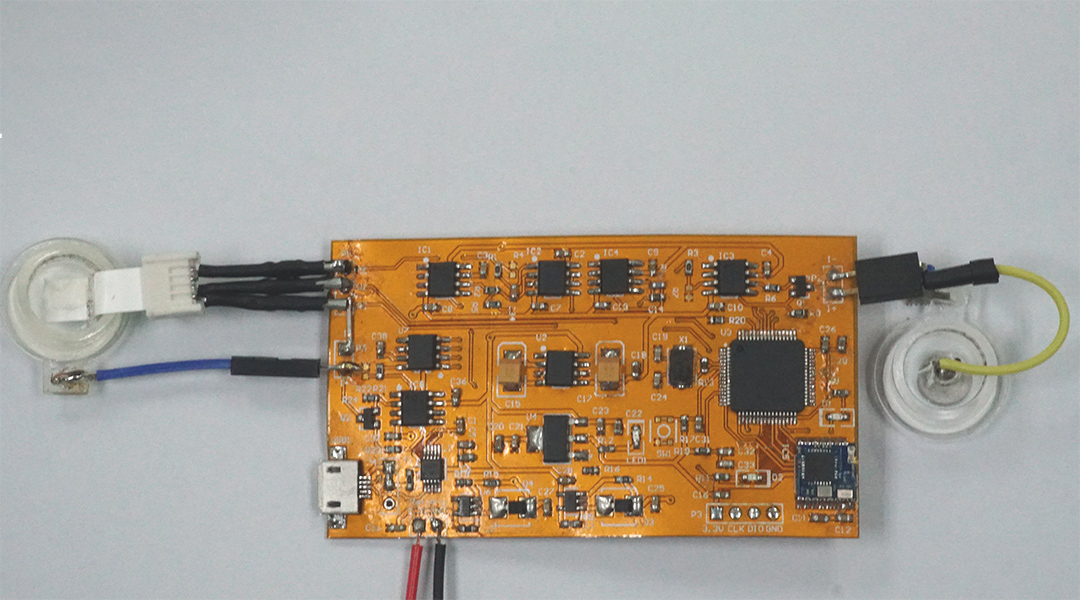
Minimally invasive smart patches can continuously monitor glucose blood levels and administer insulin as needed.
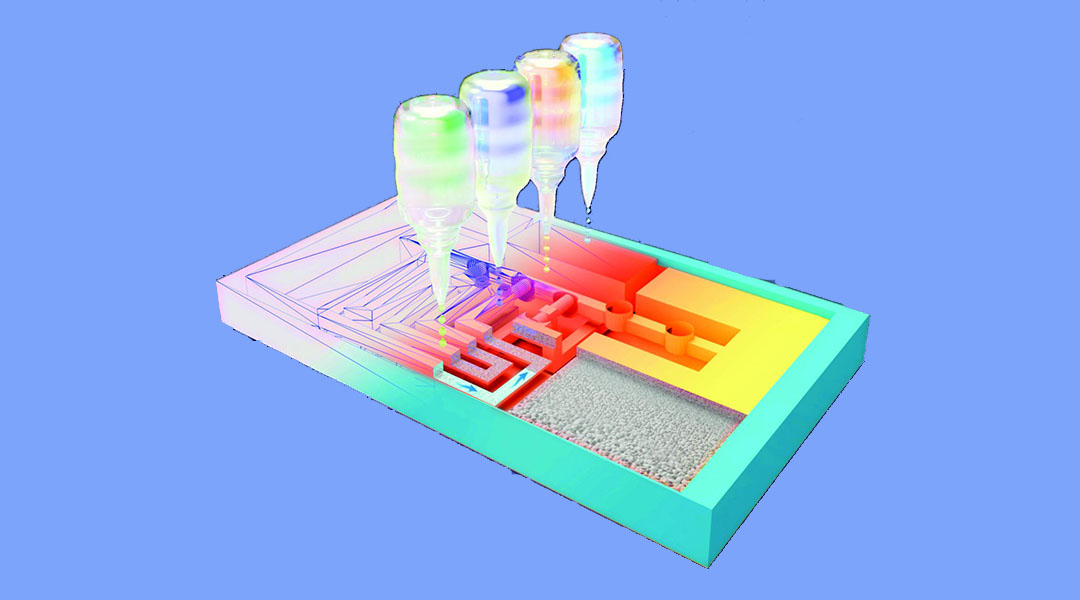
A new 3D-printing technique makes rapid self-tests based on lateral flow technology less expensive and easier to scale.
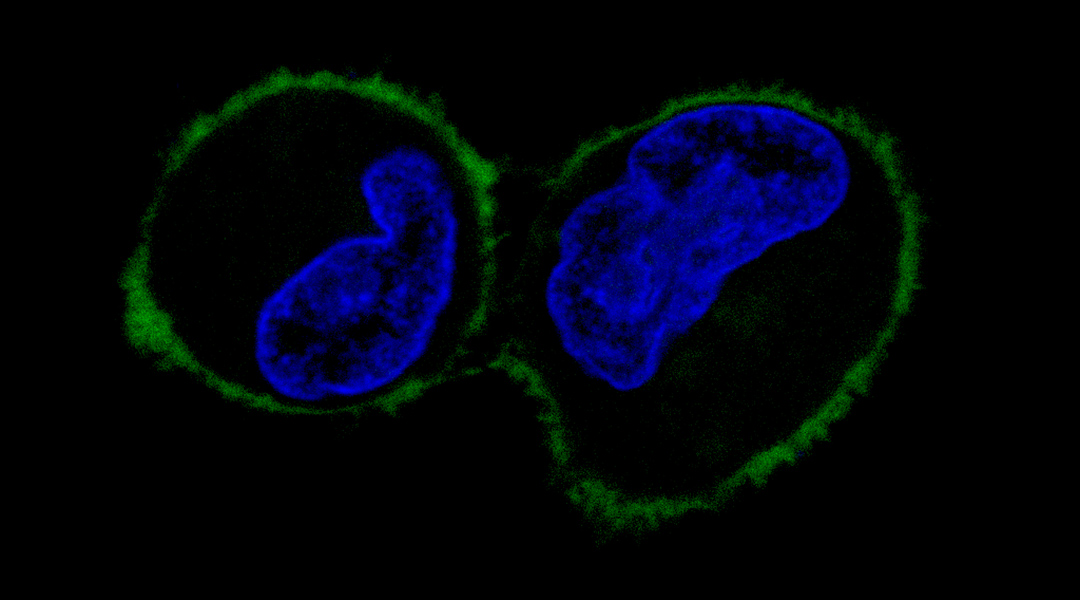
Polypeptides that selectively induce calcification of cancer cells could improve early detection and limit the progression of lung cancer.

Recent advances in micro- and nanoscale sensing technologies may help diagnose sepsis early and with greater accuracy.
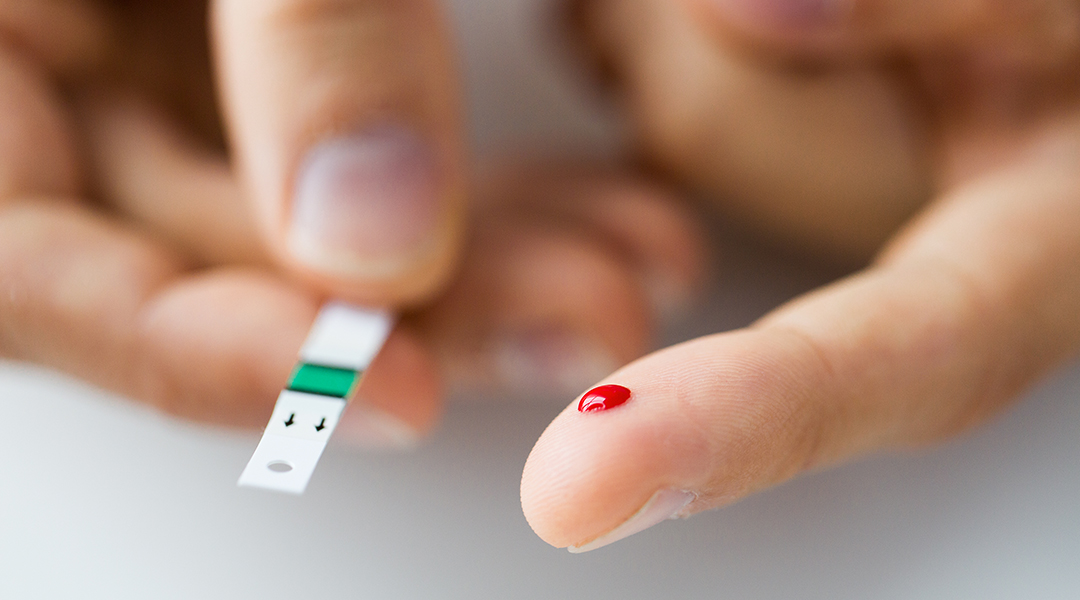
Graphene-based biosensors incorporated in arrays of microneedles are emerging as an alternative to hypodermic needles and could be the next generation of blood sampling devices.
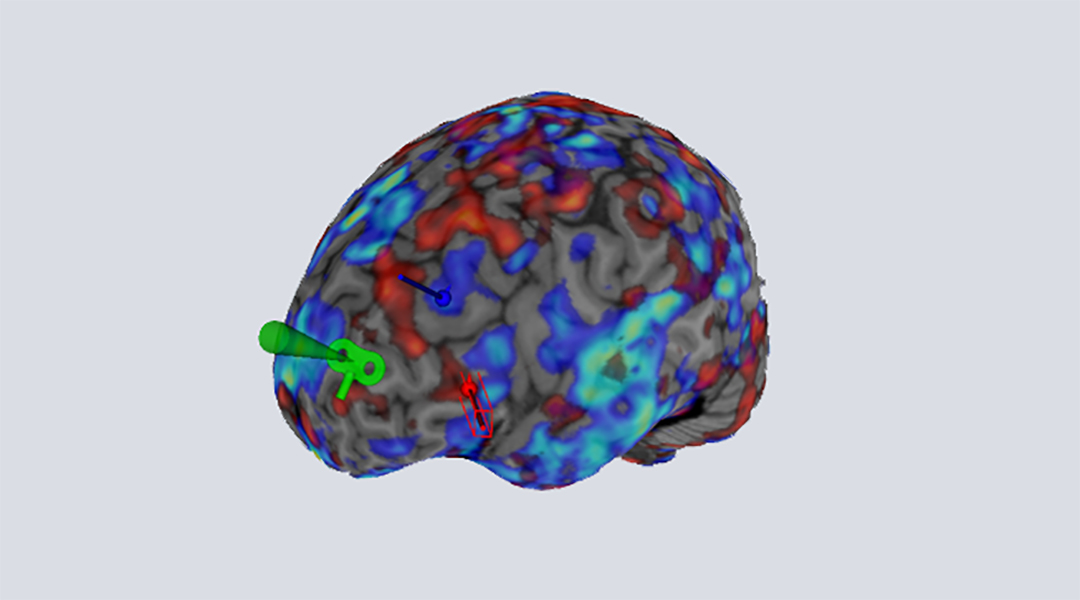
Taking advantage of progress made in neuroimaging, researchers hope that personalized treatments for mental disorders using brain stimulation therapies will be the way forward.